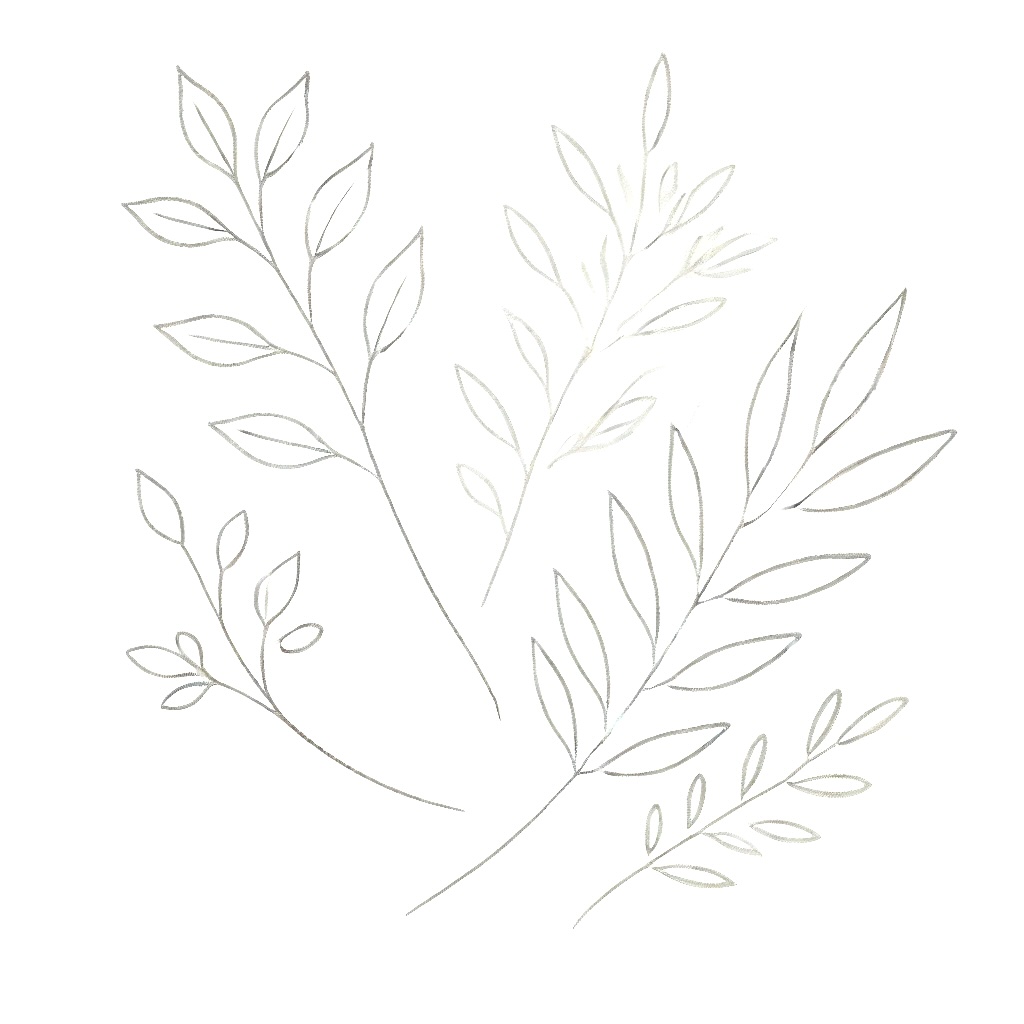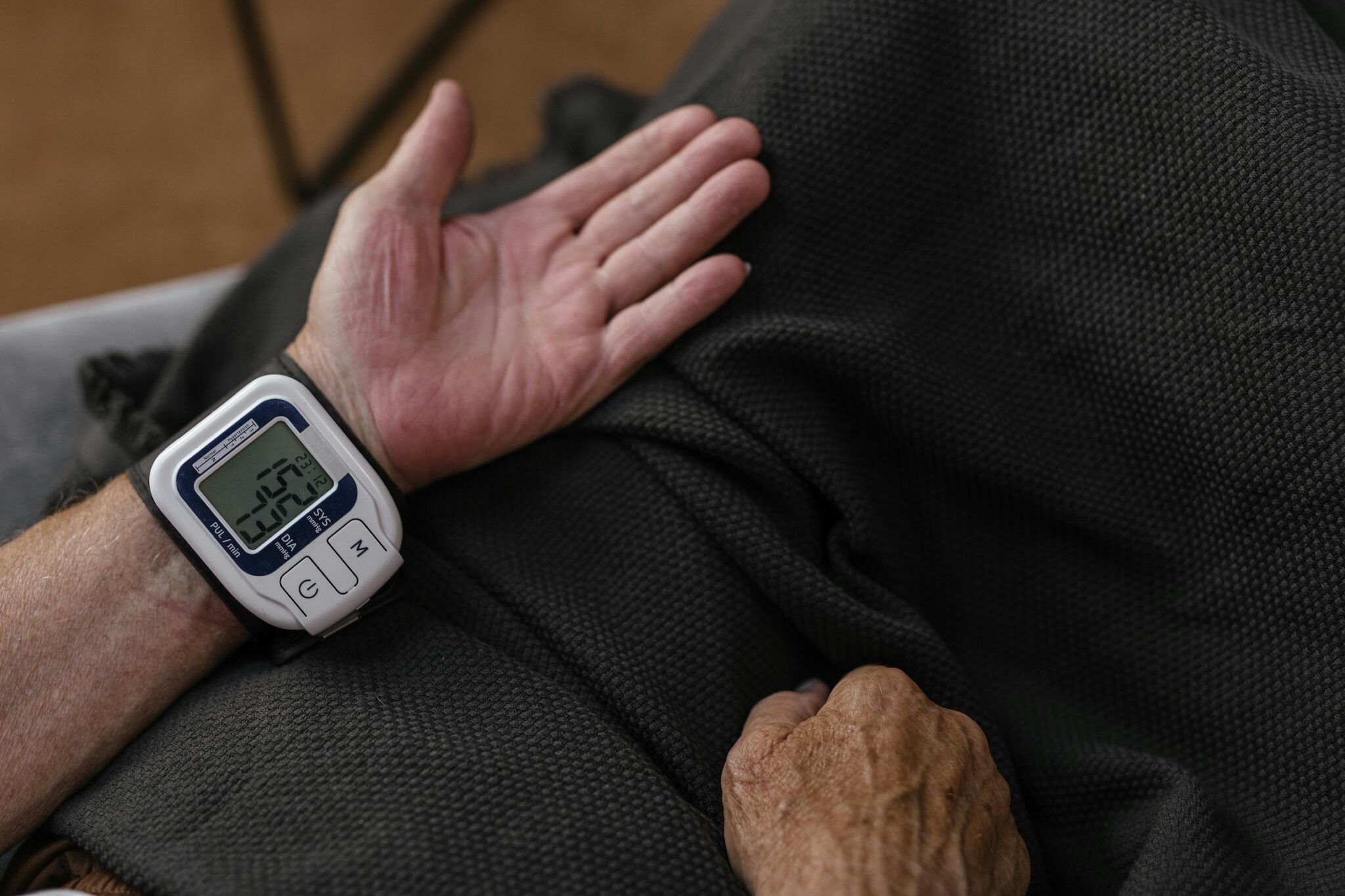Colds and Flu


Introduction
Colds and flu are common respiratory illnesses that can disrupt daily life with symptoms like fatigue, congestion, and body aches. While the common cold is typically mild, the flu can lead to severe complications, especially in vulnerable populations. Addressing colds and flu holistically, alongside conventional treatments, can promote faster recovery and reduce the risk of recurrent infections. Holistic practices like Reiki, yoga, and acupuncture strengthen the immune system while addressing the mind-body-energy-spirit connection.
What are Colds and Flu?
Colds and flu are viral infections affecting the respiratory system, but they differ in severity and symptoms:
• Colds: Primarily caused by rhinoviruses, colds affect the upper respiratory tract, leading to symptoms like a runny nose, mild cough, and sore throat. Colds are generally self-limiting and resolve within 7–10 days.
• Flu: Caused by influenza viruses, flu can affect both the upper and lower respiratory tract. Symptoms include fever, body aches, and extreme fatigue. Unlike colds, flu can lead to complications such as pneumonia or bronchitis, particularly in at-risk groups like the elderly and those with chronic conditions.
Both conditions are highly contagious, spreading through respiratory droplets or contact with contaminated surfaces.
Symptoms of Colds and Flu
The symptoms of colds and flu overlap but vary in intensity:
Colds:
- Runny or stuffy nose
- Sneezing
- Mild sore throat
- Low-grade fever (rare)
- Mild fatigue
Flu:
- High fever
- Severe body aches
- Chills and sweats
- Dry cough
- Extreme tiredness
- Headaches
Recognizing these symptoms can help distinguish between the two conditions and determine the appropriate treatment.
Causes and Contributing Factors
While colds and flu are caused by viruses, several factors increase susceptibility:
- Weakened Immunity: Chronic stress, poor nutrition, and lack of sleep can weaken the body’s defenses.
- Seasonal Exposure: Colder months often lead to closer indoor contact, facilitating viral spread.
- Hygiene Practices: Poor hand hygiene and touching the face can increase the risk of infection.
- Stress: Chronic stress suppresses immune function, making the body more vulnerable to infections.
- Environmental Factors: Dry indoor air and pollution can irritate the respiratory tract, increasing susceptibility.
Conventional Approaches to Treatment
Conventional treatments for colds and flu focus on symptom relief and preventing complications:
- Over-the-Counter Medications:
- Decongestants relieve nasal congestion.
- Pain relievers like ibuprofen reduce fever and body aches.
- Cough syrups soothe persistent coughs.
- Antiviral Drugs: For severe flu, antiviral medications like oseltamivir can shorten the illness duration and reduce complications.
- Hydration and Rest: Drinking plenty of fluids and prioritizing rest supports recovery by helping the body fight off the infection.
- Vaccination: Annual flu shots are crucial for reducing the risk of infection and severe outcomes.
Holistic and Alternative Treatments
Holistic practices enhance the body’s natural defenses and support recovery from colds and flu:
1. Reiki: By balancing the body’s energy, Reiki promotes relaxation and immune function. It reduces stress, which is a key contributor to weakened immunity.
2. Yoga: Gentle yoga poses like child’s pose and spinal twists improve circulation and stimulate lymphatic drainage, aiding in detoxification.
3. Acupuncture: Acupuncture targets points that boost immune response and alleviate respiratory symptoms like congestion and cough.
4. Aromatherapy: Essential oils like eucalyptus and tea tree can relieve nasal congestion and soothe the respiratory system. Using aromatherapy in steam inhalation enhances symptom relief.
5. Herbal Medicine: Herbs like elderberry and echinacea have antiviral properties and can reduce symptom severity. Herbal medicine supports the immune system naturally.
6. Meditation and Mindfulness: Stress management through meditation strengthens the immune system by lowering cortisol levels and promoting relaxation.
7. Holistic Nutrition: Consuming nutrient-dense foods like citrus fruits, garlic, and ginger boosts immunity. Holistic nutrition emphasizes a balanced diet to support recovery.
8. Sound Healing: Vibrational therapies like sound healing calm the nervous system and promote overall well-being, which aids recovery.
Lifestyle and Prevention Tips
Adopting healthy habits can prevent colds and flu or minimize their impact:
- Practice Hygiene: Wash hands frequently and avoid touching your face.
- Strengthen Immunity: Incorporate immune-boosting foods and practices like Reiki and yoga into your routine.
- Stay Active: Regular physical activity improves circulation and supports a healthy immune system.
- Get Adequate Sleep: Prioritize restful sleep to allow the body to repair and recover.
- Manage Stress: Incorporate stress-reducing practices like meditation or acupuncture to maintain a balanced immune response.
Real-Life Examples
Emma, a schoolteacher, frequently caught colds during flu season. She shared with us that after incorporating aromatherapy and weekly Reiki sessions into her routine, she noticed fewer illnesses and faster recoveries. Similarly, Michael, a frequent traveler, began using elderberry syrup and practicing yoga. These changes strengthened his immune system, reducing his susceptibility to infections.
Interesting Facts
- Adults experience an average of 2–3 colds per year, while children may have up to 10 annually.
- Zinc lozenges can reduce the duration of colds by 33% when taken at the onset of symptoms.
- Studies show that steam inhalation with essential oils can improve nasal congestion within minutes.
Conclusion
Colds and flu are inevitable for most, but they can be effectively managed with a combination of conventional and holistic treatments. Practices like Reiki, yoga, and acupuncture not only support recovery but also enhance immunity and resilience. By adopting preventative lifestyle changes, individuals can strengthen their defenses against these common illnesses and enjoy a healthier, more balanced life.
Newsletter
Sign up for emails to get the scoop on our latest articles, new developments and more.

